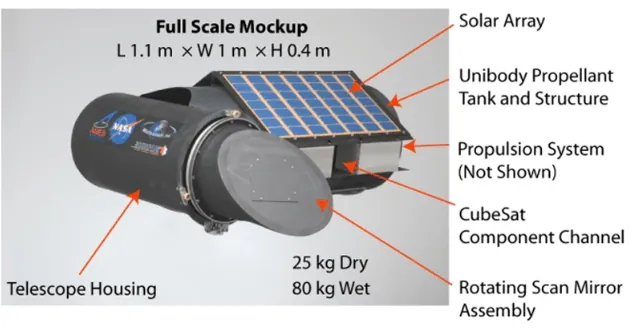
Google Unveils New Quantum Computer With Mind-Boggling Speed
2024-12-09
Author: Noah
Google's New Quantum Computer: A Game Changer
In a stunning announcement that could redefine our understanding of computational limits, Alphabet Inc.’s latest quantum computer boasts an astonishing capability: it can solve complex problems in just five minutes that traditional supercomputers would take an unfathomable 10 septillion years—roughly 10,000 trillion trillion years. This dramatic leap in performance showcases the profound potential of quantum computing, but it also poses a significant question: what practical applications can emerge from such theoretical speed?
The Quantum Leap: Willow Chip vs Frontier Supercomputer
The breakthrough comes courtesy of Google’s innovative Willow quantum chip, which has outperformed the Frontier supercomputer in benchmark tests. Frontier, which represents one of the most powerful classical computing systems, would require 10,000,000,000,000,000,000,000,000 years to complete the same task. This monumental advancement is exponentially more efficient than five years ago when Google claimed its quantum capabilities could reduce a task taking 10,000 years to mere minutes.
Algorithm's Role in the Breakthrough
The algorithm used for the test serves primarily to highlight the capacities of quantum computing rather than to solve practical problems. Hartmut Neven, founder of Google Quantum AI, insists that the capability to excel at foundational problems correlates with the potential to tackle useful applications in the future. "If you cannot win at least on a problem, you won’t win on a useful problem either," Neven remarked, hinting at the promise of tangible breakthroughs upcoming next year.
Surging Interest and Investment
The interest in quantum computing is surging, with governments and leading technology companies investing billions in research, motivated by its potential to deliver unprecedented speed and efficiency that could transform industries from finance to defense.
Challenges in Quantum Computing
However, quantum computers face inherent challenges due to their reliance on the complex behavior of subatomic particles. These machines require extremely controlled environments, often at temperatures near absolute zero, to prevent interference from their external environment. Consequently, scaling quantum computing operations has been hampered by high error rates.
Willow Chip's Improvements
The Willow chip is a game changer in this regard, as recent studies published in Nature indicate that it effectively lowers these error rates. With improved stability, Google is poised to explore the feasibility of constructing larger quantum computers, with a focus on realistic applications that surpass the capabilities of classical computers. Neven emphasized the need for careful consideration when deciding which technology to scale: "When we make that decision to pull the trigger to scale up, we want to be absolutely certain we scale up the most promising technology."
The Competitive Landscape
As competition heats up in the quantum computing sphere, various approaches are being explored. Google’s superconducting qubits are a common thread among industry heavyweights like IBM and Amazon, but the company has also invested in QuEra Computing, which is exploring a different method using neutral atom qubits.
Conclusion: The Future of Quantum Computing
In summary, Google’s recent revelation is not just a glimpse into the astonishing future of quantum technology, but it also signals a potential race to harness this power for real-world applications. As we stand on the precipice of a new computing era, the excitement and anticipation surrounding quantum breakthroughs continue to mount. Buckle up— the next few years could change everything we know about processing and problem-solving!









 Brasil (PT)
Brasil (PT)
 Canada (EN)
Canada (EN)
 Chile (ES)
Chile (ES)
 España (ES)
España (ES)
 France (FR)
France (FR)
 Hong Kong (EN)
Hong Kong (EN)
 Italia (IT)
Italia (IT)
 日本 (JA)
日本 (JA)
 Magyarország (HU)
Magyarország (HU)
 Norge (NO)
Norge (NO)
 Polska (PL)
Polska (PL)
 Schweiz (DE)
Schweiz (DE)
 Singapore (EN)
Singapore (EN)
 Sverige (SV)
Sverige (SV)
 Suomi (FI)
Suomi (FI)
 Türkiye (TR)
Türkiye (TR)